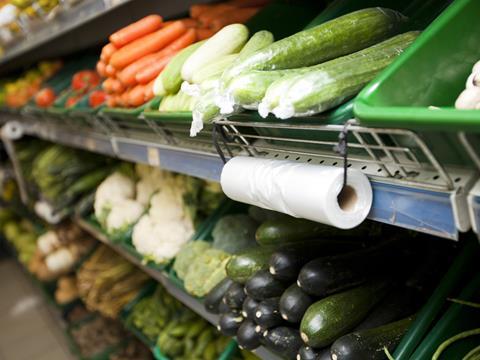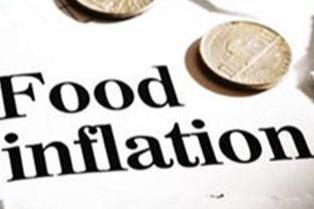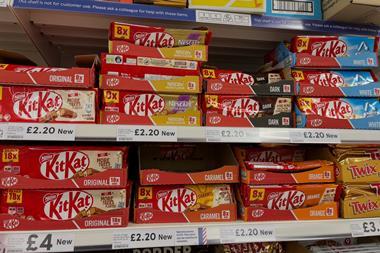
The UK’s fresh produce industry faces a barrage of cost hikes after the government introduced last-minute changes to post-Brexit import checks.
The cost of importing fruit & vegetables from the EU is about to rise by a further £200m, according to the Fresh Produce Consortium, due to a recent amendment to how some fresh goods will be risk-categorised.
Under the government’s post-Brexit trade strategy, the Border Target Operating Model (BTOM), plant and animal origin goods entering Britain from the bloc face varying degrees of red tape, depending on the risks they pose to biosecurity and public health.
The government announced on Friday it had reclassified many fruit & veg consignments that were previously low-risk as medium-risk – meaning they will need extra paperwork and will undertake SPS checks at the border, which comes at an added cost.
FPC chief Nigel Jenney said the “simply shocking” decision was expected to have a substantial impact on shelf prices.
“This verdict delivers a severe blow to the industry and will have widespread ramifications,” Jenney said.
The BTOM rolls out this Wednesday, 31 January, after being delayed four times since the UK officially left the EU in 2021. It will be implemented in stages, with the first one seeing stricter certification in place, while actual physical checks on some goods will begin from April.
There is an easement in place for the reclassified fruit & veg goods, according to Defra, which means they won’t require pre-notification of entry or certificates.
The easement was originally scheduled to end on 31 October 2024. However, the government appears to have removed any reference to the October date following the backlash among importers, leaving no clear time period.
A government spokesperson said: “We are committed to delivering the most advanced border in the world.
“We are taking a phased approach – including initially not requiring pre-notification and inspections for EU medium-risk fruit & vegetables and other medium risk goods – to support businesses and ensure the efficient trade is maintained between the EU and Great Britain.
“This will ensure business do not face any unnecessary burdens and we will continue to work closely with firms across the UK as the controls are implemented.”
The FPC noted that making fresh produce goods medium-risk “ignored the fundamentals” of the sector, whose trade of perishable goods is heavily dependent on importers often grouping together to get their goods delivered in the same load.
Read more: Food companies to foot bill for Brexit border posts under new plans
The UK imported £3bn of vegetables in 2022, according to the Food & Drink Federation, 79.4% of which came from the EU.
“With 65% of all EU imports relying on groupage, the repercussions will be far-reaching”, the trade body said. “Vehicles carrying consignments not requiring inspection may still face prolonged delays at BCPs”, it added, which could result in food waste and shortages, as well as increased inflation due to the costs of delays.
“The rationale behind the product reclassification remains undisclosed, underscoring the urgency to inform the industry and facilitate improvement.”
The Institute of Export & International Trade director general Marco Forgione agreed the “late announcement changes to the risk categories and the way they have been handled is a matter of some concern”.
“At a time when business is preparing for the most significant modernisation of the UK border in several generations, the lack of communication on this reclassification of fruit & vegetable products is not very encouraging,” he said.
“This reclassification means that, unexpectedly, a range of fruit & vegetables coming from the EU are now subject to new processes and administrative requirements.
“We support the government’s ambition with BTOM. But business leaders have revealed to me their frustration that preparation efforts are being undermined by a lack of clear communication,” he added.
The Grocer reported last week that both British and European businesses were “apprehensive” about the lack of clarity and communication coming from the UK government in regards to the BTOM implementation.
Forgione said there was “a risk that these changes and the way information has been shared could result in additional costs for the exporter, the importer and ultimately the consumer”.



















No comments yet